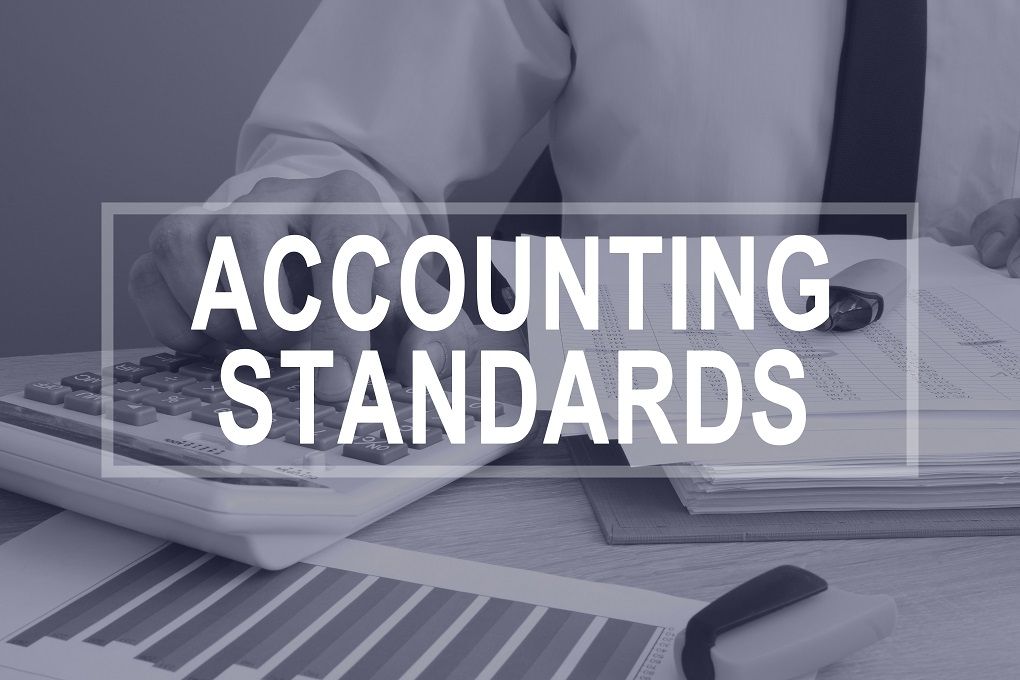The need for similar Accounting Standards across finance institutions in 2021

Different accounting standards followed by housing finance companies, banks and insurance companies have been a concern for the economy. According to HDFC chairman, Deepak Parekh following different accounting standards does not level the playing field for financial institutions. These open-ended issues should be solved at the earliest. Banks and insurance companies do not follow Ind-AS, but it has been three years since non-banking financial companies NBFCs migrated towards it. Ind-AS has not been aligned with the prudential protocols but has followers from financial institutions like housing finance corporations and NBFCs.
According to Parekh, following different accounting standards results in different opinions between inspection teams, regulated entities and team of auditors.
There is an old saying that goes with the situation that too many cooks spoil the broth. “Lenders are susceptible to losing their existing customers to other players who often lure them through lower interest rates or increase the loan amount. As there are no prepayment penalties on floating rate loans, a lender can take over a home loan rather effortlessly “, said Deepak Parekh in an interview.

It means different accounting standards can produce a substantial difference in monetary benefits, which needs to be addressed; as India moves towards one nation one tax, it should also move towards one accounting standard. Financial statements have essential value for internal and external stakeholders. It is a company’s report card; hence it mustn’t provide any misinformation while comparing because of different accounting standards.
Let’s delve deeper and understand what are accounting standards?
Accounting standards is a policy document whose main aim is to foster transparency, consistency, reliability and compatibility of two different financial statements. This is done by standardising the accounting policies and principles of a nation-state. These standard policies and regulations ensure that a country has similar record-keeping methods for all transactions and economic activity.
Accounting standards are issued by a regulatory body known as the Institute of chartered accountants of India. The main issues that accounting standards deal with are
- Recognition of financial events
- Presentation of financial statements in just manner
- Measurement of financial transactions
- Disclosure requirement of companies so that stakeholders are not cheated
The aim is to improve the reliability of financial statement if every country follows one rule; comparison of two financial statements and intra firm comparison provides authentic information. The investors can rest assured that severe consequences will follow if the standards are not adhered to. Every accounting policy has a set rule that requires the companies to disclose their assets and liabilities are and valuation methods of financial transactions, ensuring transparency.
Accounting standards, apart from guaranteeing transparency and reliability, also deter companies and businesses from frauds and manipulations. Apart from communicating the present economic status of a company, accounting standards also helps in predicting future growth prospects.
A limitation of accounting standards is that they are too ‘standardised’ to inoculate different financial situations and transactions a company faces.
What is GAAP?
GAAP stands for Generally Accepted Accounting Principles; ICAI laid it down. It is a basic guideline for detailed and comprehensive accounting rules, standards and industry-specific accounting practices. Financial Accounting Standards Board orders firms to frame their accounting principles. The general principles of GAAP-
Business entity assumption – every business has to be treated differently from its owner; all the transactions recorded should also follow the same rule of distinction. If all business assets belong to a proprietor, the duality rule helps in specifying personal assets and assets of business.
Monetary value- The financial transactions should be translated into monetary units like dollars, euros or INR. If transactions cannot be recorded in monetary units they should not be recorded in books of accounts.
Accounting period – specifies an accounting period within which the transaction should be closed off for a business. The period can be a financial year or a calendar year.
Historical cost concept – whenever a business enterprise purchases an asset, they are recorded in the books for the money or money equivalent spent on them. Even if the transaction took place in past, the entry in the book of accounts would not account for inflation.
Consistency – if a business decides to follow a particular accounting standard, it has to stick to it for a whole accounting period so that comparison is fair.
Materiality – few accounting principles can be unfollowed if it does not affect decisions taken by viewing financial statements or if the effect is negligible to financial statements.
Going concern assumption – the firm is a perpetual entity whose existence is indefinite. This concept is essential when a firm has to liquidate so that the actual amount which can be realised is recorded.
Conservatism – while recording any transaction anticipated gains or loss should not be recorded unless an actual amount is received or deducted. This is why the book of accounts of bad debts account.
What is IndAS?

To ensure global competitiveness, Indian accounting standards decided to merge GAAP with internationally accepted International Financial Reporting Standards IFRS and Indian accounting standards or Ind-AS was born. It was introduced by the Accounting Standards Board ASB, which was constituted in the year 1977. – Ind-AS is focused on recording the closest possible fair value of assets and liabilities. This western mindset became crucial after funding of start-ups and securitisation began expanding. GAAP believed in the perpetual existence of firms; hence it was not essential to record the value of long-term assets and liabilities. Ind-AS in case of frequent change of management ensures the continuation of financials.
It provides fair value of assets and liabilities, promotes substance over form. This ensures accurate reporting gains importance over superficial compliance with legal provisions. The companies whose net worth is not more than ₹500 crores have to apply Ind-AS from 2016. Every listed company and unlisted companies whose net worth is greater than or equal to ₹250 crores and less than ₹500 crore must apply Ind-AS from the financial year 2017. This shift will have a massive surge in net profit, operating profit, revenue calculation and net worth of companies.
Why is Ind-AS better?
It would establish a framework to measure the fair value of financial transactions; it provides fair valuation techniques concepts such as highest and best use, advantages market, principal market and fair value disclosures. To assess fair value assuming risk and techniques used by market participants to assess asset or liability is used.
It will help in recognising the goodwill of a business respective of the legal entity status of acquisition. As long as assets are acquired and the entity meets the definition of business according to Ind-AS, goodwill can be recorded. Intangible assets will be recorded separately from goodwill at fair value.
For valuation of property, plant and equipment companies while transitioning can adopt cost model or revaluation model. If the revaluation model is adopted property, plant and equipment has to be revalued at fair value periodically.
Revaluation model will help in increasing equity as increased value will be credited to equity account, which will benefit asset-heavy companies. Ind-AS mandates calculation of goodwill annually irrespective of impairment event. The calculation of goodwill, intangible and tangible assets has to be done by valuation experts. Companies having high goodwill and balance sheets will benefit from this system.
Under Ind-AS revenue will be calculated by adding excise duty which will increase the revenue. Ind-AS mandates redeemable preference shares to be treated as liability and dividend accrued as interest cost. This will help in increasing debt to equity and lower the earning per share EPS.
Ind-AS believes in recording every transaction, asset and liability at its fair value so the situation of the entity is known to make an informed financial decision.





